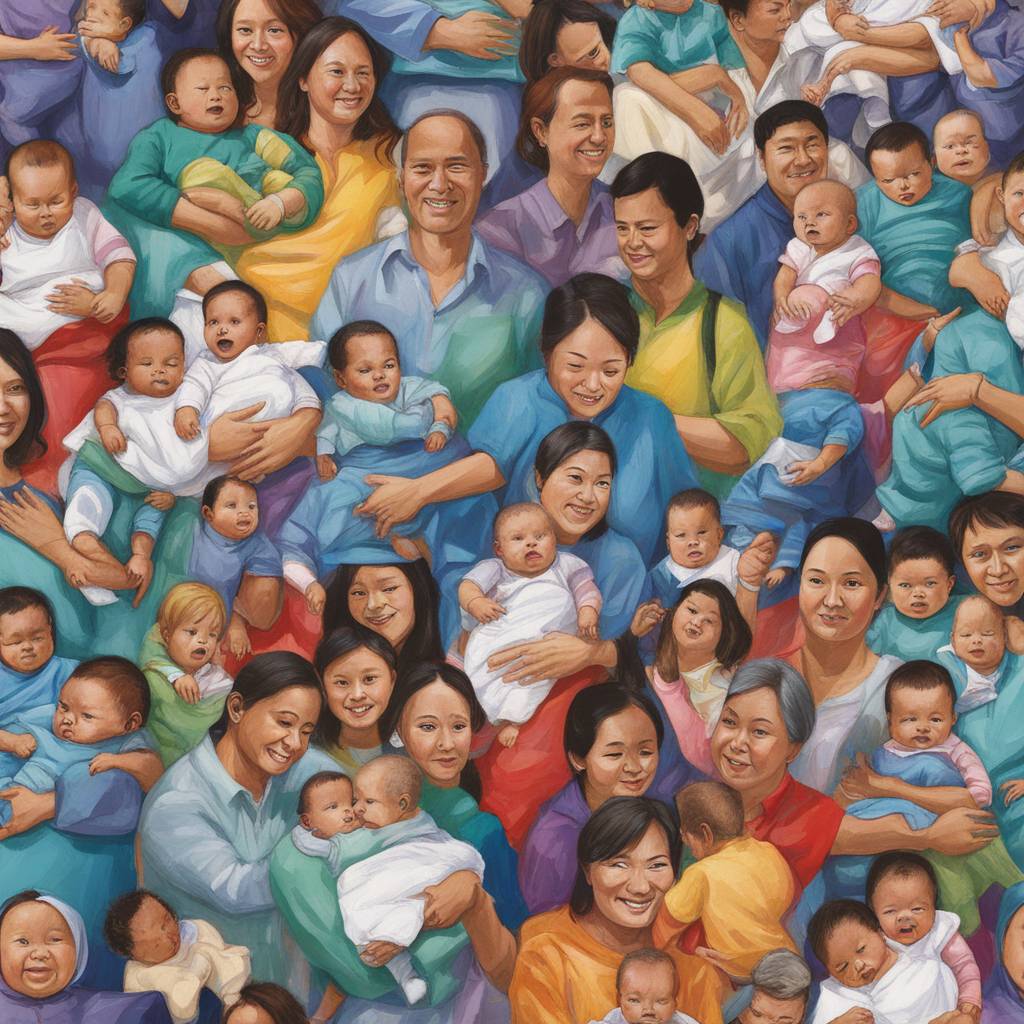A new study published in the Canadian Medical Association Journal (CMAJ) has found that babies born to immigrant parents in Canada are at an increased risk of complications at birth compared to babies born to native Canadian parents. The study, conducted by researchers at McGill University and Université de Montréal, analyzed nearly eight million Canadian births over a 25-year period and found that the rate of stillbirth was higher among immigrant parents, as well as the likelihood of preterm birth, especially for refugees and immigrants admitted on economic and family reunification basis.
The study revealed that while the risk of small for gestational age (SGA) birth was higher among the immigrant population, there was a lower risk of large for gestational age (LGA) birth compared to Canadian-born parents. Additionally, the rate of infant death within the first year of life was lower among infants born to immigrants. The risk levels for stillbirth and preterm birth were found to be lowest for economic-class immigrants and highest for refugees, likely due to differences in utilization of primary care services and access to regular physicians.
The authors of the study emphasized the importance of recognizing that immigrants are not a homogenous group and that different sub-populations may have varying risk factors for adverse birth outcomes. Factors such as systemic racism, smoking, being underweight, and intrauterine infection were identified as potential risk factors for early preterm birth. Another recent CMAJ study linked maternal obesity with an increased likelihood of stillbirth, highlighting the need for tailored care for different groups within the immigrant population.
Statistics Canada data from January 2022 indicates that babies born in Canada are getting smaller, with an increase in the rate of SGA birth and a decrease in mean birth weight from 2000 to 2016. This trend may be attributed to various risk factors such as increased immigration, delayed childbirth, an increase in first-time mothers, and an increase in non-married women. Immigration accounts for nearly a quarter of the Canadian population, with temporary immigration contributing significantly to the country’s population growth rate in recent years.
Overall, the study underscores the importance of understanding the unique risks and challenges faced by different immigrant populations in Canada. By recognizing the specific risk factors associated with adverse birth outcomes among immigrants, healthcare providers can tailor care and support to address these disparities and improve maternal and infant health outcomes for all Canadians, regardless of their background or immigration status. The findings of the study provide valuable insights into the complex relationship between immigration and birth outcomes in Canada, highlighting the need for targeted interventions and policies to support the diverse needs of immigrant families.













